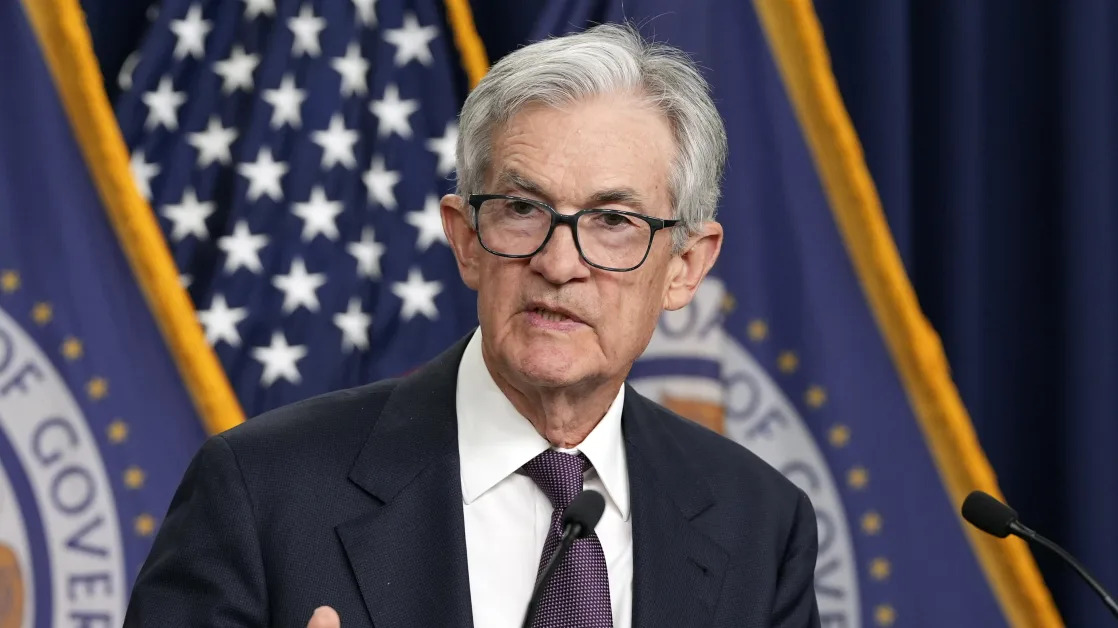This is The Takeaway from today's Morning Brief, which you can sign up to receive in your inbox every morning along with:
Fed Chair Jay Powell wasn't particularly surprising on Wednesday.
The Fed cut rates by a quarter point. The Summary of Economic Projections — the so-called “dot plot” — showed FOMC members, on average, expect two rate cuts next year, in line with market expectations. Powell talked a lot about the economy being strong, and the uncertainty surrounding potential policies of the incoming Trump administration.
Yet stocks reacted as though Powell had gone streaking through the briefing room wearing nothing but his trademark purple tie. The Dow extended a losing streak to 10 sessions, its longest string since 1974. The S&P 500 plunged by nearly 3%, its worst day in four months.
But the “higher for longer” conversation, both regarding interest rates and inflation, has been happening for months. Fed funds futures were already pricing in two cuts next year. Stocks had mostly kept rising, buoyed by the reason behind higher for longer — a still-expanding economy — and the perception that the incoming Trump administration would be bullish for stocks.
“You know, markets have a funny way of kind of talking about things and pricing them in incrementally, but not really fully pricing them in until they’re actually realized,” Piper Sandler’s Michael Kantrowitz said in an interview following Powell’s presser.
Peter Boockvar, chief investment officer of Bleakley Financial, likened the market’s reaction to the classic children’s book, “If You Give a Mouse a Cookie,” in which the titular mouse keeps wanting more and more. “The Fed gives the market some guidance on rates and the market then goes too far with pricing it,” Boockvar wrote in his “Boock Report” newsletter.
None of this is particularly unusual. An academic might say that markets price in available information efficiently , but in reality that process is messy, and sometimes seemingly illogical. Powell and co. project two cuts next year, and now suddenly the market says just one.
That messiness is set to continue, given all the uncertainty coming in the next year. Powell uttered some variation of the word “uncertain” 17 times in his press conference, up from seven in November and only a handful after the other meetings this year. A lot of that uncertainty centers on fiscal policy.
That uncertainty cuts both ways too. Even if the new Fed projections’ higher terminal rate spooked markets, that’s in 2027 — and it’s an understatement to say that a lot can happen between now and then. There’s a reason why Powell is staying “data dependent” or “reactive.” As he said, we’re “walking into a dark room full of furniture.”
Indeed, even as Powell was speaking on Wednesday, markets got a concrete reminder beyond the Fed chair’s discussion of economic modeling: Elon Musk was trying to push Congress not to pass a funding bill. He was joined by Trump, which may mean the government could shut down today, leaving thousands of government workers without paychecks before Christmas.
It was a preview. If the Fed’s relatively predictable message caused this level of market messiness, investors had better buckle up for the Trump-Musk show.
Julie Hyman is the co-host of Market Domination on Yahoo Finance. You can find her on social media @juleshyman .


